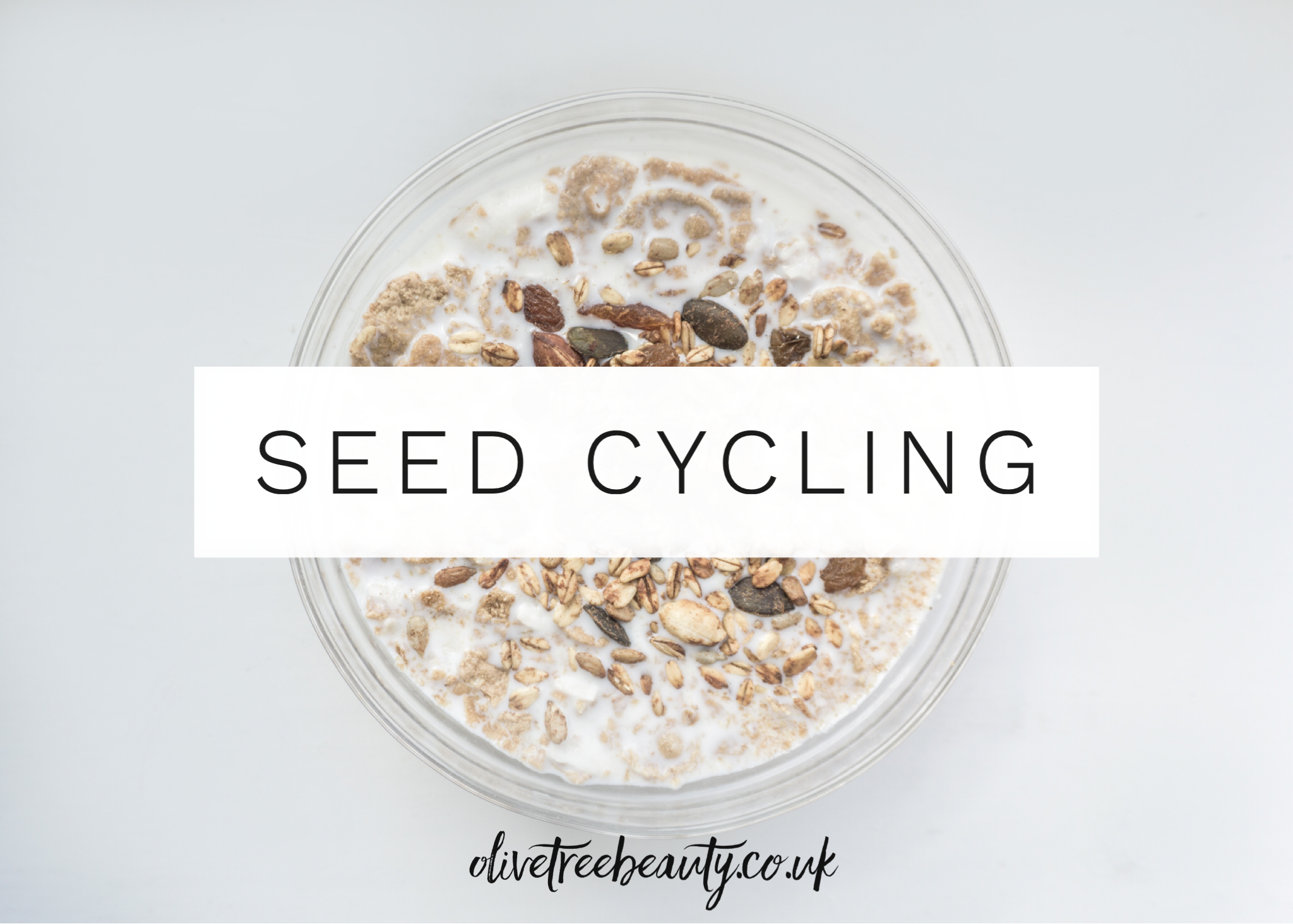Menopause is a natural stage of life that every woman experiences, whether it’s natural, early, or induced by medical treatments. It marks the end of menstruation and your reproductive years, meaning no more periods or the ability to conceive.
For most women, menopause typically occurs between their late 40s and early 50s, though some may experience it earlier due to factors like hysterectomies or certain illnesses.
During the perimenopausal phase, hormone levels, particularly oestrogen and progesterone, fluctuate and eventually decline. This can lead to a range of symptoms such as hot flushes, night sweats, weight gain, bloating, fatigue, difficulty concentrating, mood swings, anxiety, muscle cramps, and headaches. However, the severity and variety of symptoms differ for each woman, influenced by factors such as health, nutrition, lifestyle, and genetics.
Being prepared, informed, and making mindful choices can make a significant difference in how you experience menopause.
Preparing for perimenopause and menopause can help you manage symptoms more easily and make the transition smoother. Here are some key steps to consider:
Educate Yourself
Understand the phases: Learn about perimenopause, menopause, and postmenopause, and the changes your body will experience.
Recognise the symptoms: Common signs include hot flushes, night sweats, mood swings, trouble sleeping, weight gain, and changes in libido.
Track your cycle: As your periods become more irregular, keeping track can help you notice patterns and changes.
stay posted for more posts and info
Focus on Nutrition
See my previous blog for more details –
Balance your diet: A well-rounded diet, including whole foods, fibre, lean proteins, healthy fats, and complex carbohydrates, is essential.
Increase calcium and vitamin D: These are vital for bone health, as the decline in oestrogen during menopause can raise the risk of osteoporosis.
Incorporate phytoestrogens: Foods like flaxseeds, soya, and legumes contain plant oestrogens that may help balance hormone levels.
Stay hydrated: Drinking plenty of water can help reduce bloating and support your energy levels.
Limit caffeine and alcohol: These can trigger hot flushes and disrupt your sleep.
Exercise Regularly
Cardio and strength training: Regular physical activity helps you maintain a healthy weight, boosts your mood, and strengthens bones. Aim for a mix of cardiovascular exercises like walking or swimming, along with strength training to build muscle.
Yoga and Pilates: These can improve flexibility, reduce stress, and strengthen your core, which can be particularly beneficial during menopause.
further details in future post
Manage Stress
Try mindfulness and meditation: Stress can make menopause symptoms worse, so incorporating relaxation techniques such as meditation, deep breathing, or mindfulness can help.
Prioritise sleep: Sleep problems are common during perimenopause, so establishing a regular sleep routine (going to bed at the same time, limiting screen time before bed) is key.
further details in future post
Treatment Options
Stay on top of your health with regular visits to your GP to monitor your hormone levels, bone density, and overall well-being.
Consider and discuss with your GP whether HRT is a suitable option to help manage your symptoms.
Look into alternative therapies: Acupuncture, reflexology, herbal remedies, or essential oils may also offer relief, but always consult your GP before trying any new treatments.
further details in future post
Stay Connected and Seek Support
Build a support network: Speak to friends, join menopause support groups, or consider talking to a therapist if you need emotional support.
Keep up with hobbies: Stay engaged with activities and pastimes that bring you joy and help you relax.
further details in future post
Look After Your Mental Health
Be mindful of mood changes: Hormonal fluctuations can affect your mood and anxiety levels. If you’re finding it difficult, don’t hesitate to reach out for help either through professional mental health support or complimentary therapies such as acupuncture, reflexology amongst others.
Consider lifestyle adjustments: Small changes to your routine such as reducing your workload or focusing on self-care can have a positive impact on your mental well-being.
further details in future post
Be Kind to Yourself
Menopause is a natural transition, and it takes time. Give yourself the space and understanding to adapt to the changes your body is going through.
By taking a proactive approach and making healthy lifestyle choices, you can feel more empowered and ready for the journey through perimenopause and menopause. It’s normal to feel a mix of emotions—frustration, sadness, or anxiety—during menopause. Acknowledge these feelings without judgment.Menopause doesn’t diminish your value. Regularly remind yourself of your worth and all you’ve accomplished.
- You may not be able to do everything you used to, and that’s okay. Adjust your schedule or workload if necessary, and give yourself permission to slow down.
- Set realistic goals: Rather than aiming for perfection, focus on small, achievable goals that help you feel accomplished and in control.
More info to follow, please comment if you have found this useful.












